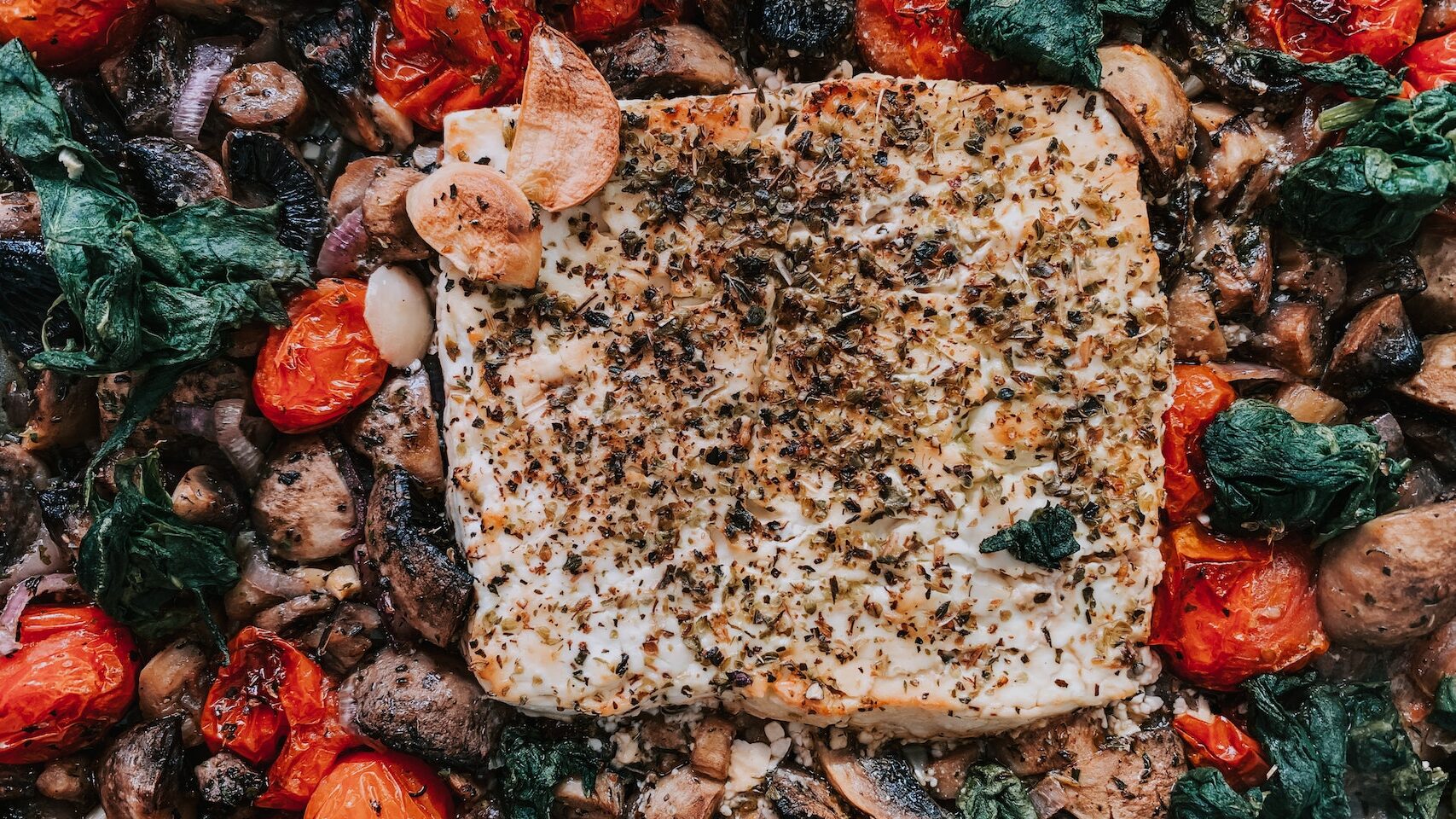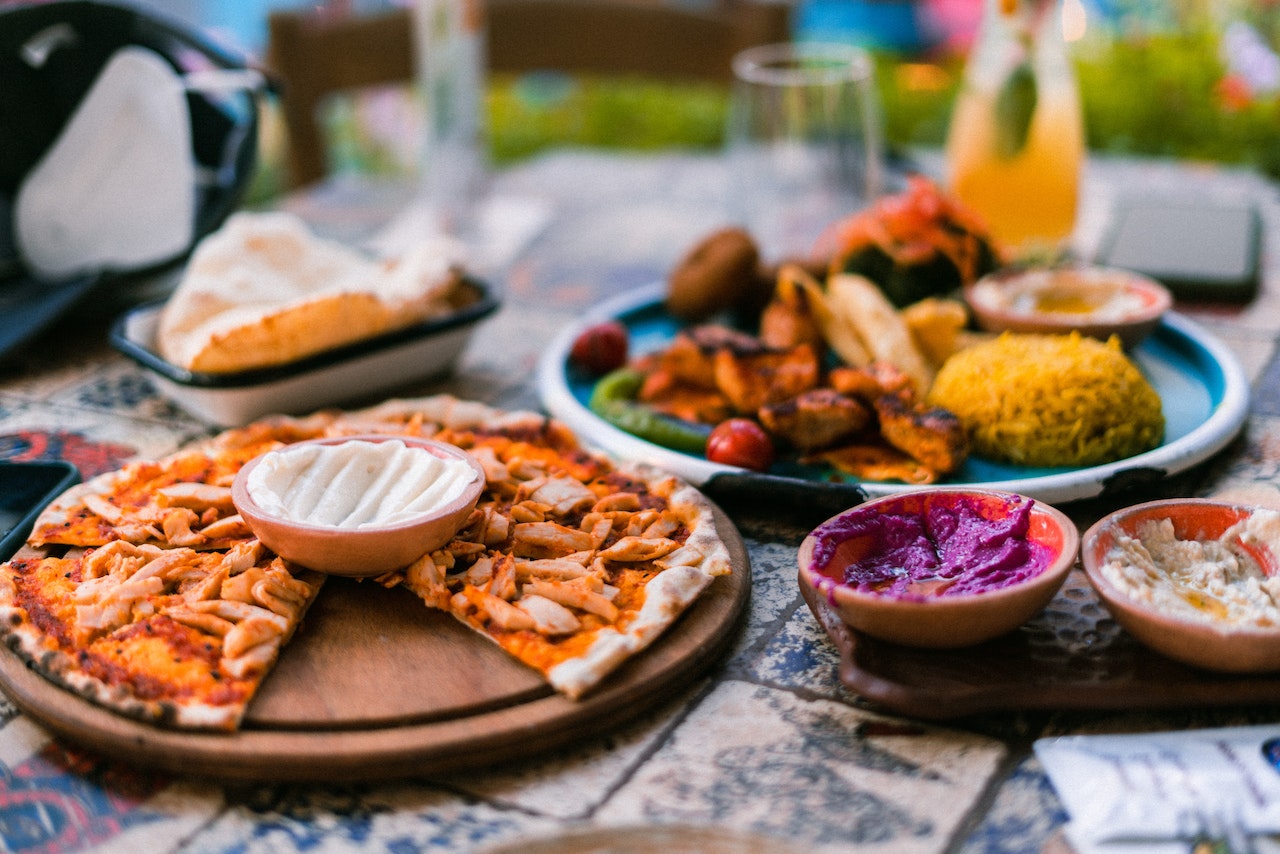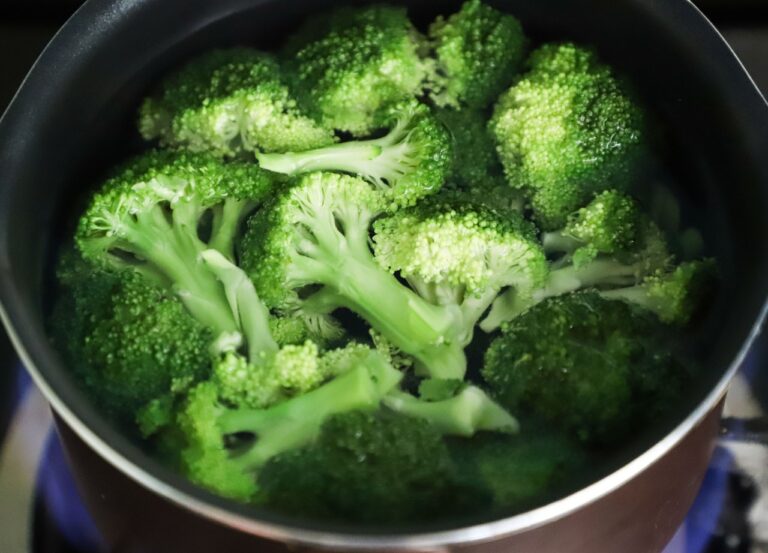Introduction
Zero waste cooking is a powerful approach to address the global issue of food waste while promoting sustainability. By adopting this method, you can not only enjoy delicious meals but also contribute to reducing waste, saving money, and protecting the environment. In this comprehensive blog post, we will explore various strategies and tips for zero waste cooking.

Understanding the Impact of Food Waste
Zero waste meal starts with understanding the significance of food waste on a global scale. With a third of all food produced going to waste, it is imperative to take action. By embracing zero waste cooking practices, we can make a positive impact on resource conservation and minimize the environmental harm caused by excessive waste.
Meal Planning for Zero Waste
Meal planning is a cornerstone of zero waste cooking. By creating a shopping list and planning meals in advance, you can shop more efficiently, avoiding unnecessary purchases and reducing waste. Incorporate the concept of zero waste cooking into your meal planning by utilizing leftovers and scraps from previous meals, ensuring nothing goes to waste.
Creative Use of Leftovers
Leftovers present an excellent opportunity for zero waste cooking. Rather than discarding leftover food, repurpose it in imaginative ways. Use leftover rice in stir-fries, incorporate leftover vegetables into soups or stews, and transform leftover meat into delicious sandwiches. Freezing leftovers for future meals is also a smart strategy for minimizing waste.
Composting for Sustainability
Composting is a fundamental aspect of zero waste cooking. By composting fruit and vegetable scraps, coffee grounds, eggshells, and yard waste, you can transform them into nutrient-rich soil for your garden. This practice reduces food waste and supports sustainable gardening practices, creating a circular system where waste is converted into valuable resources.
Utilizing Kitchen Scraps Creatively
In addition to leftovers, kitchen scraps can be repurposed in zero waste meal. Get creative with your scraps by turning wilted greens into refreshing salads, using carrot tops to make pesto, and transforming vegetable leftovers into flavorful broths. Embracing these practices helps minimize waste while adding unique flavors to your meals.
Buying in Bulk for Waste Reduction
Buying in bulk is a practical approach to reduce waste and save money. Purchase grains, beans, and nuts in bulk, storing them in reusable containers to avoid excessive packaging. This not only ensures you have a constant supply of wholesome ingredients but also reduces the amount of waste generated from individual packaging.
Mindful Eating for Waste Reduction
Mindful eating plays a crucial role in zero waste meal. By being conscious of what and how much you consume, you can significantly reduce food waste. Opting for a plant-based diet further enhances sustainability, as plant-based meals have a lower environmental footprint compared to meat-heavy diets.
Conclusion:
Zero waste meal is a powerful and rewarding approach to reduce food waste, save money, and create sustainable meals. By incorporating meal planning, utilizing leftovers and scraps, composting, buying in bulk, and practicing mindful eating, you can make a tangible impact on waste reduction and contribute to a healthier planet. Remember that even small changes in the kitchen can have a significant cumulative effect. Let us join forces to embrace zero waste cooking and create a more sustainable future for generations to come.





Pretty! This has been a fantastic post. Thank you very much for giving these information.
Thank you for the awesome content, it’s always appreciated
You’re very welcome! I’m delighted to hear that you find the content awesome and appreciate it. If there’s anything specific you’d like to see more of or if you have any questions, feel free to let me know. Your positive feedback keeps the momentum going. Thanks for being a valued reader..
I appreciate your creativity and the effort you put into every post. Keep up the great work!